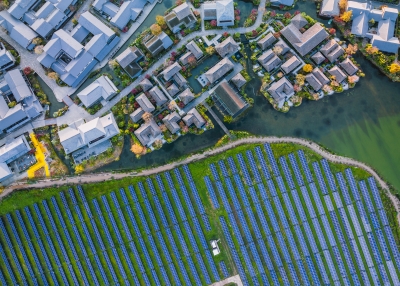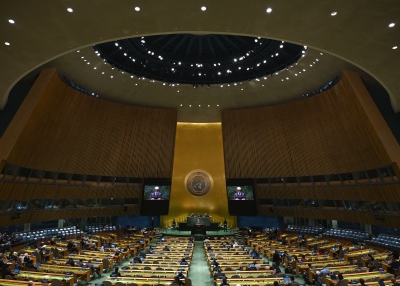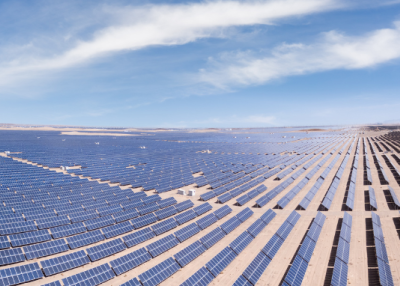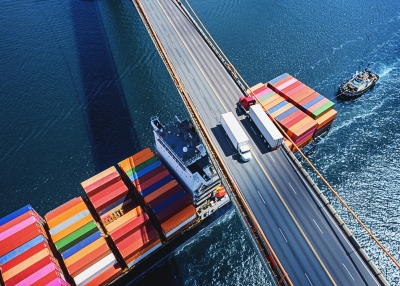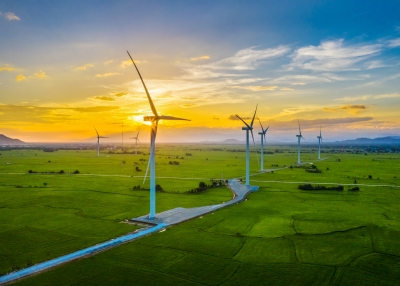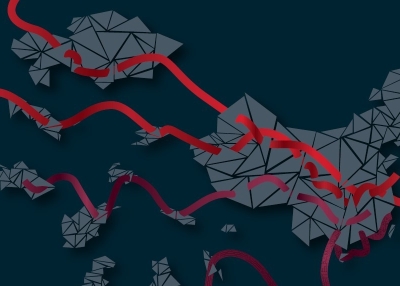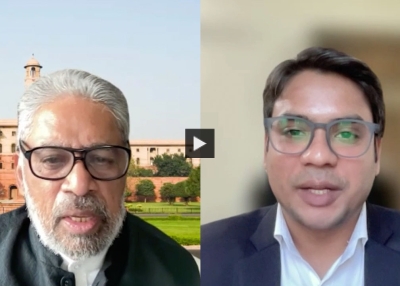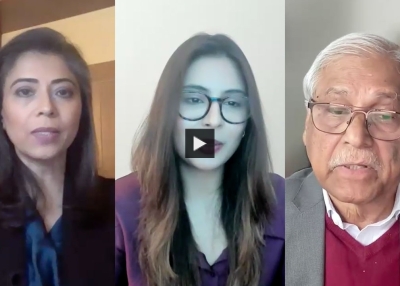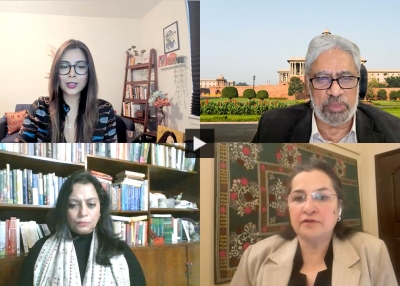
As the Muslim world’s second most populous country and the only Islamic nuclear power state, Pakistan is an important actor in the region and on the global stage. After gaining independence in 1947, Pakistan’s economic and political development has been hobbled by tensions in civilian-military relations, militancy, multiple wars and an ongoing rivalry with India. Its ties with the United States, which reached critical highs at times during the Cold War and the U.S. war on terrorism, is today characterized by a mutual lack of trust. ASPI’s past work on Pakistan has focused on internal and regional stability and on improving Pakistan’s relations with the United States and the countries in its neighborhood. ASPI does this by hosting policy discussions and providing analysis and expert commentary.
Reports
-
report
Commentary
-
articleFarwa Aamer and Ambika Vishwanath discuss gender and democracy in South Asia.
-
articleBetty Wang analyzes how climate issues have shown up in recent elections in Asia and how electoral outcomes will influence future climate progress.
-
articleFarwa Aamer and Blake Berger explore China's BRI investments amid political transitions.
-
articleIn recent years, global food security has suffered from overlapping crises caused by conflicts, geopolitical tensions, climate change, and the COVID-19 pandemic, resulting in severe food supply disruptions.
-
paperFarwa Aamer unravels Pakistan's post-election maze, such as the evolving power dynamics amidst allegations of vote rigging, and explores Pakistan's economic, political, and diplomatic challenges as she sheds light on the path ahead.
-
articleTransparency will help foster trust, which can lead to a common river management framework for the benefit of all.
-
reportA new report on priorities for Asia to close its climate finance gap and steer towards net zero emissions by mid-century.
-
articleRead a breakdown of the takeaways from "South Asia & Neighbors: Understanding the Climate-Water Nexus," a roundtable ASPI convened during NYC Climate Week.
-
articleAnalytical brief on Pakistan's climate change targets post-COP27 and in the lead up to COP28
-
paperFarwa Aamer recaps the major implications from the 78th United Nations General Assembly for South Asia.
-
articleDaniel Russel, Richard Maude, C. Raja Mohan, Takako Hikotani and Bates Gill write in Project Syndicate about the challenges that the Quad faces.
-
paperAchieving the Asia-Pacific’s decarbonization targets would enhance regional economic growth, increase employment, and improve energy security
-
articleKevin Rudd and Ban Ki-moon write on the urgent need for accelerated climate action and cooperation in the Asia-Pacific.
-
articleDaniel Russel writes in Project Syndicate about North Korea's recent nuclear launches.
